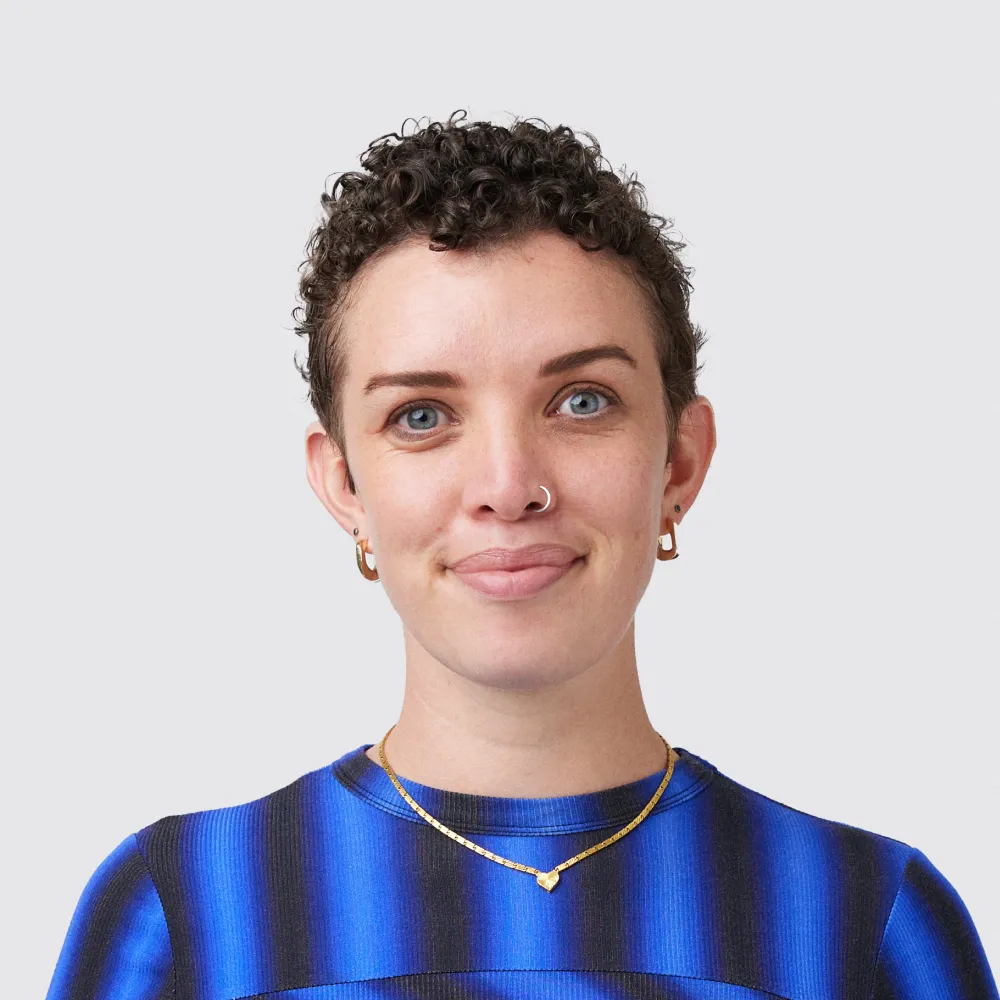What if the solution to youth homelessness could be found in something as simple as learning to make the perfect coffee? It sounds almost too optimistic, yet that’s exactly what’s happening in cafes across Melbourne, where young people are building hospitality skills as their pathway to independence.
As the CEO behind social enterprise For Change Co, Miranda Hope Campbell (yes, that’s really her middle name) is using hospitality training to give young people something most of us take for granted: a chance to choose their own future. The approach isn’t just about finding jobs—it’s about breaking interlocking cycles of disadvantage during the most critical window of a young person’s development.
Miranda Campbell, Chief Executive Officer, For Change Co
Lauren Chibert, Partnerships Lead, Today
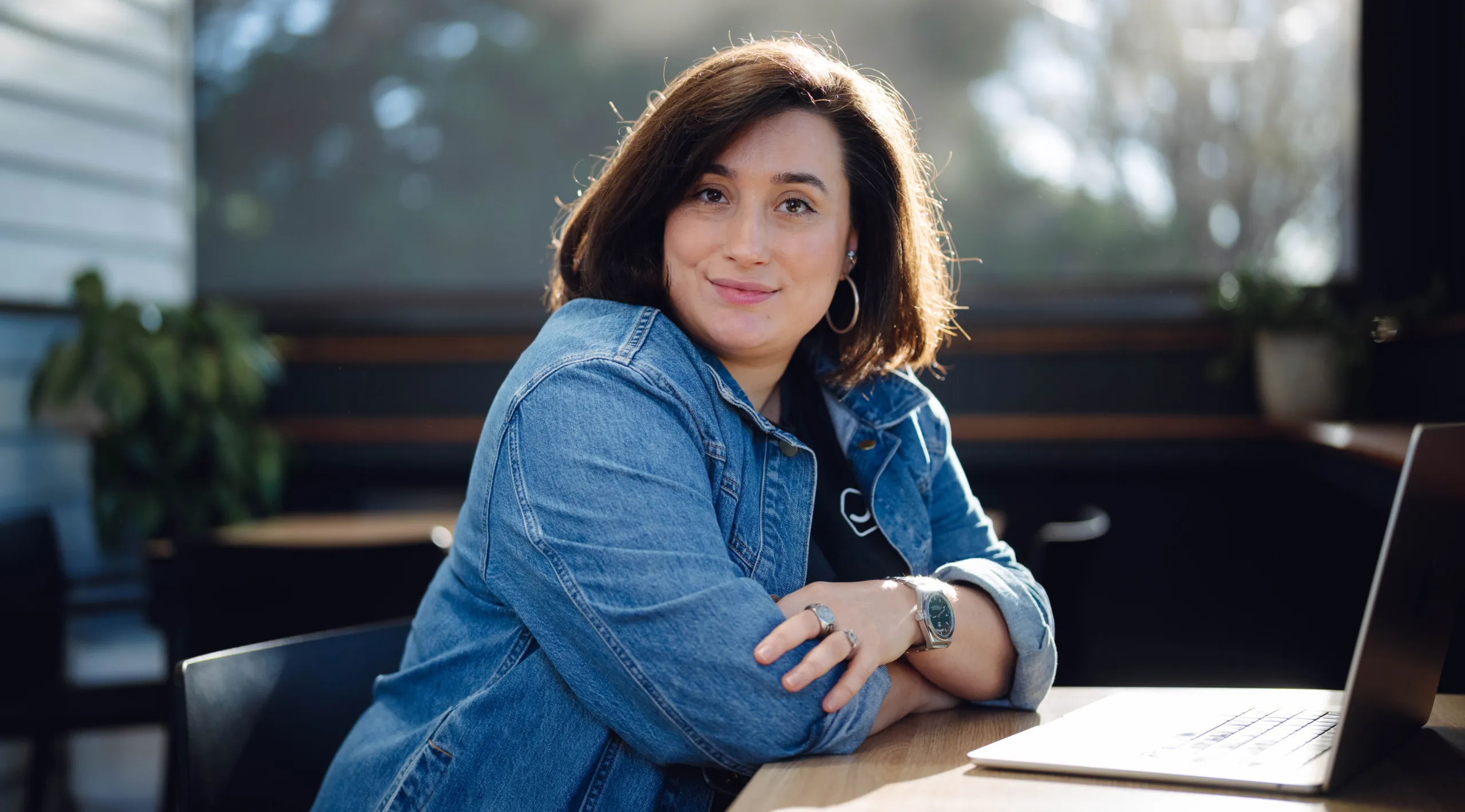
When somebody asks you what you do, how do you explain it?
I work for a social enterprise that empowers young people to break the cycle of homelessness for good. We do this by using hospitality to harness the unique skills, talents, and ambitions of young people and unlock future employment opportunities as they enter adulthood and independent living. As a social enterprise, you need to have the head of a business and the heart of a charity, and that’s what I do all day. Combine head and heart to create an organisation where young people can feel empowered to build a future of their choosing.
I love that. Head of a business, heart of a charity.
Yes. You need to be sustainable, and you also need to have purpose in everything that you do. And that’s often really challenging when people might only understand things from a business perspective. Putting purpose at the centre is often a real paradigm shift.
There’s a real tension there, isn’t there?
There is, that balancing of the head and the heart, mission and money, as it’s called in the sector.
As a social enterprise, you need to have the head of a business and the heart of a charity, and that’s what I do all day. Combine head and heart to create an organisation where young people can feel empowered to build a future of their choosing.
Miranda Campbell
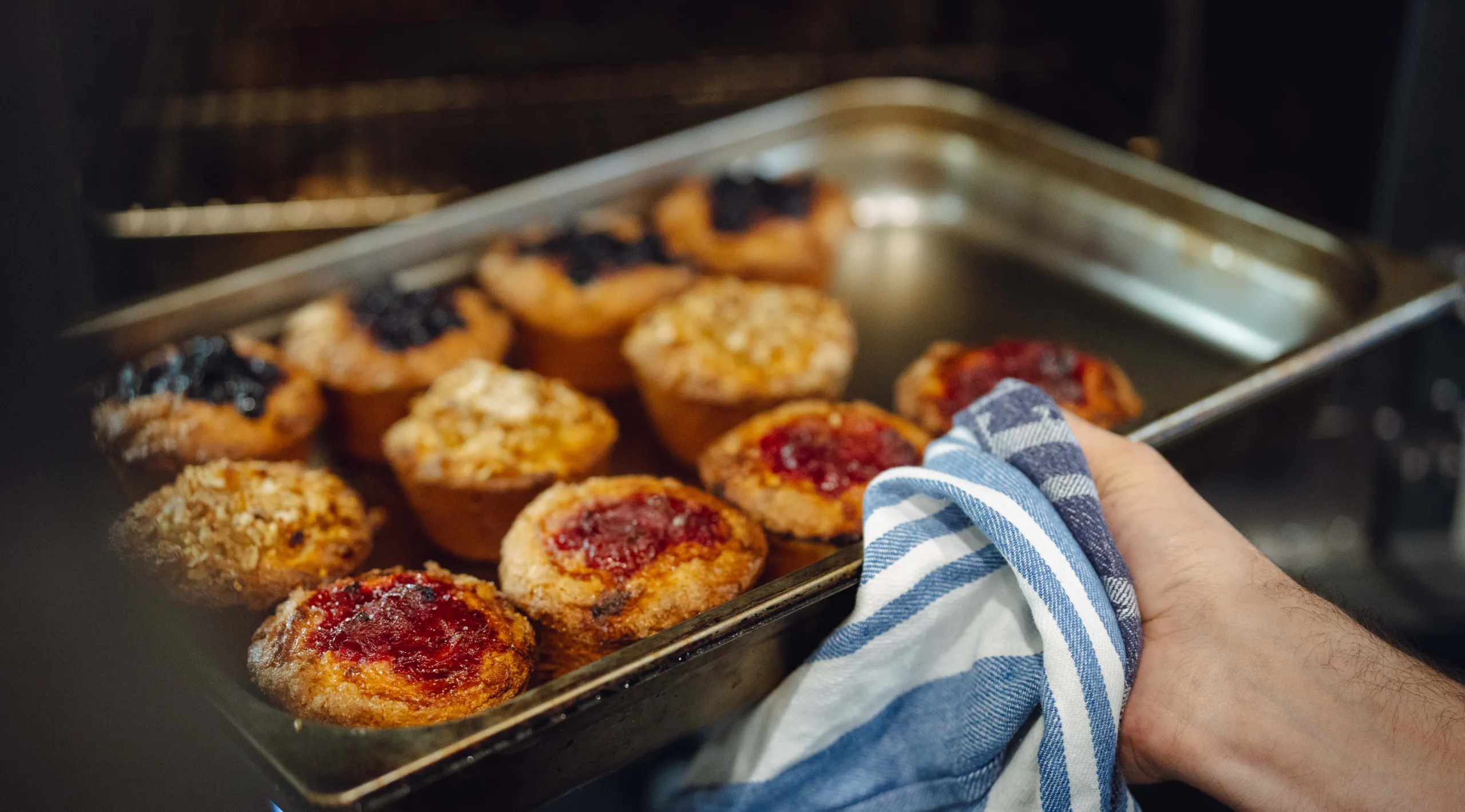
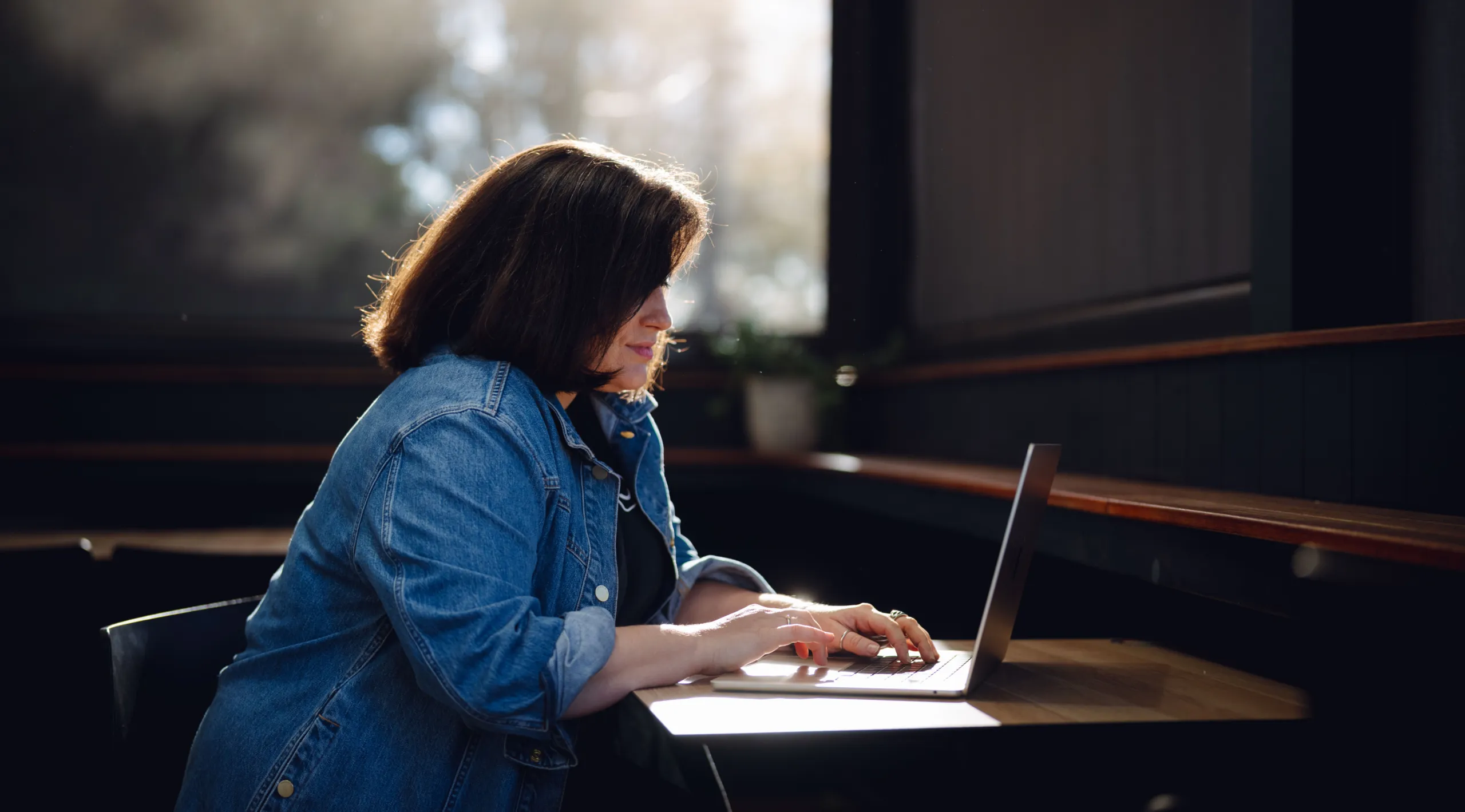
And why do you do what you do? Can you share with us that fire inside, that drives you to do this work?
Because I can’t imagine doing anything else at this moment in history. The fire inside me is fueled by a desire for justice and the belief that the code of our humanity dictates that we expect a better world for the generation after us. And we’re currently failing this on all measures. And so we need to share the fire and light the way for some radical ideas and new ways of being in the world.
I think a lot about hope in the face of a very uncertain future. It’s my middle name, so I carry it with me, so maybe there is some nominative determinacy there.
Why homelessness specifically?
A sense of safety, a home, and a place to be yourself is so foundational to being human. The fact that thousands of people don’t have this basic human right in a rich country like Australia is unfathomable. That young people are so highly represented in these figures is even more abhorrent.
How have we accepted that homelessness is the cost of doing business in a free market, or that it is a choice, or a matter of personal responsibility, or just too hard to fix? We’ve got to refute these beliefs wholeheartedly and get our humanity back.
I love that this organisation combines your hospitality and social impact experience. It’s a very cool marriage of the two.
It is my dream job, and I’m so proud of the impact we create.
I’d stepped out of hospitality about ten years ago, and had been working in social impact since then. So combining the two made so much sense, and it also honours the fire inside my belly.
If you radically believe that systems can change and that solutions are possible, you have to walk towards that. You have to. Otherwise, you just become cynical and complacent.
When you think about the programs that you’re running, what is at risk if these programs don’t continue?
Earlier this year, Melbourne City Mission reported that every four days in Australia, a young person dies in homelessness. And the most common reason for this is suicide.
I don’t think people think about the abject horror and tragedy of what that means and how that reflects on us as a society.
We also know that homelessness, disconnection from school, study, and their community all become vicious cycles that interlock and become harder to break.
Our program empowers young people with meaningful work while they navigate often complex barriers and systems, and allows them to choose the future that they want. If we couldn’t offer this, we would miss this critical window in a young person’s life, making it even more difficult for them to reconnect later in adulthood with work, study and their communities.
The fire inside me is fueled by a desire for justice and the belief that the code of our humanity dictates that we expect a better world for the generation after us.
Miranda Campbell
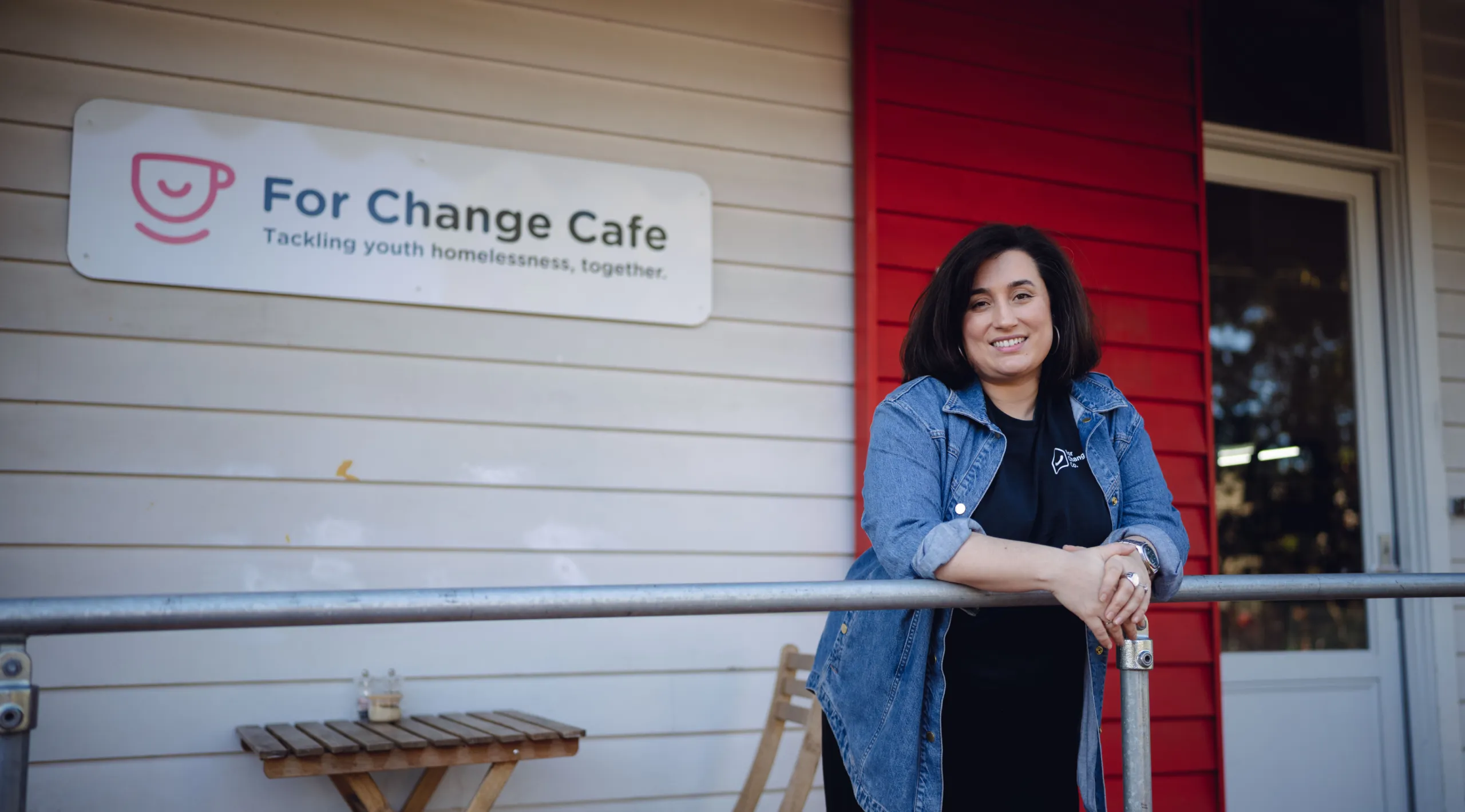
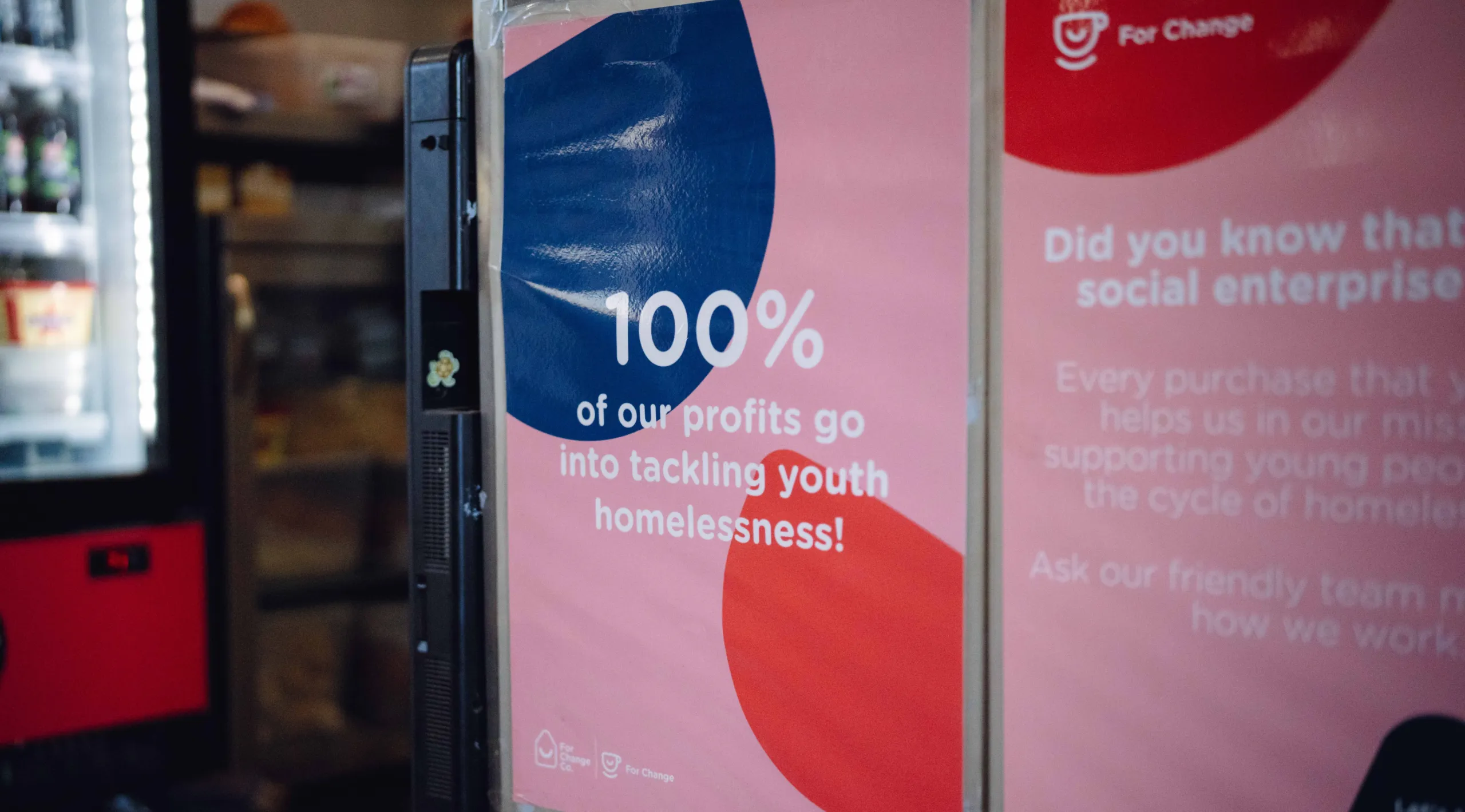
How old are the people you work with?
Most of the young people we work with fall within the 18- to 20-year-old age range, but we start from 16 and extend up to 24.
The most common cause of homelessness for young people is experiencing family and domestic violence, and not having a safe home to be in as a result of that.
Our model is collaborative, so we work in partnership with specialist housing services and community services who refer young people into our program.
Critically, it is flexible, so it allows for the time and space a young person might need to invest in other parts of their lives while keeping them connected to work.
And ultimately, while our program has extra support, it is really just like any other hospitality job a young person might have. Most people’s first job is hospitality or retail, and it’s a bit of a rite of passage, where you can learn from your peers, have fun, enjoy and learn about good coffee and food, and gain all these transferable skills you can take with you.
Hospitality, in its truest sense, really is at the core of what we do. We take care of our community, our teams and our trainees, and provide a place of welcome, of nourishment and connection. Whether you are with us for an hour, a few months, or years, my hope is that everyone leaves with their cup filled.
What is your dream opportunity to create a positive impact in the world?
There are many ways we can create a positive impact, and I think we already see a lot of this in the social enterprise movement, which is leading the way in reimagining how businesses purchase and act more responsibly, and putting purpose at their centre.
At a macro level, we truly need a revolutionary approach to how we face the challenges in front of us. I was at a talk the other day from Dr. Katherine Trebek, who’s an economist, and she was talking about how the National Health Service in the UK was developed in the midst of the Second World War. The response to the crisis was not to go back to the individual, but to look out to the collective and build a better, healthier future. The NHS has historically been one of the greatest successes of modern society, as universal healthcare offers immeasurable benefits to society.
More locally, for us at For Change Co., I would like us to have a big, busy cafe in the heart of Melbourne’s CBD where we could create more employment opportunities and have more people see the impact that we create.
We’ve currently got cafes in Middle Park, Brunswick, and a corporate cafe in the west of the city, but it would be amazing to have a really big footprint, in a high traffic area where people can come in, experience our hospitality, understand more about our impact and understand the issues that we're working to resolve.
What is standing in the way of that happening? What needs to change?
We need to start centring the voices and experiences of young people, whose lives are affected by the decisions and policies that decision-makers set.
We need to understand how stigma and shame, and othering can allow us as a society to accept or be apathetic towards what I think is unacceptable, which is any young person without a home.
And ultimately, you have to believe that ending homelessness is possible. We have the solutions. We just need the courage and commitment to make the changes.
To achieve my cafe goal, we need support and investment from the community. We can’t do this alone and need support from customers, philanthropy, government—everyone.
We can all be the change we want to see in the world - we’ve just got to ask what is stopping us.
